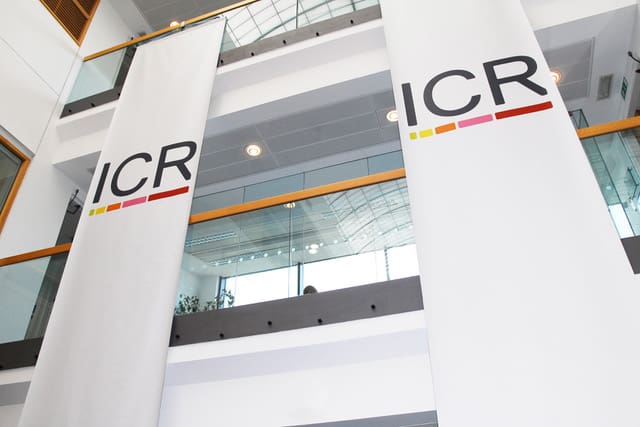
Researchers from the Institute of Cancer Research (ICR) have revealed how PARP inhibitors stop working in women living with advanced breast cancer, which could lead to more effective ways to treat the disease.
The study was published in Annals of Oncology and funded by Breast Cancer Now, Cancer Research UK, the Breast Cancer Research Foundation and a Marie Sklodowska-Curie fellowship.
Currently the most common cancer in the UK and affecting more than 55,000 people every year, breast cancer is a disease which occurs when breast cells grow out of control.
Researchers from the ICR’s Breast Cancer Now Toby Robins Research Centre, alongside King’s College London’s (KCL) Breast Cancer Now Research Unit, analysed the tumour DNA of 47 people with advanced breast cancer who either were or became resistant to PARP inhibitors.
After using ctDNA profiling, researchers found that the sequence of short pieces of DNA produced by cancer cells had found its way into the bloodstream.
The study revealed that in 60% of women with PARP inhibitor resistance, the DNA sequence of the faulty BRCA gene had transformed to work again, restoring the function of the proteins that BRCA1 and BRCA2 generate, allowing cancer cells to survive the effects of PARP inhibitors.
Additionally, the team found that some women had changes to other genes that stopped PARP inhibitors from working, including a gene known as TP53BP1, along with BRCA gene reversions, which could both occur in the same patient.
The team hopes to eventually identify better ways of treating breast cancer based on understanding what causes PARP inhibitor resistance, inform the design of future trials for treatment to overcome it and potentially help inform treatment decisions.
“The discovery that PARP inhibitors could have benefit for BRCA-mutated cancers… has had a monumental impact on patients’ lives,” said professor Andrew Tutt, professor of breast oncology and director, ICR’s Breast Cancer Now Toby Robins Research Centre and KCL’s Breast Cancer Now Research Unit.
He continued: “We hope to use this knowledge to develop tests that can detect who is at greatest risk of becoming resistant to PARP inhibitor treatment, develop new treatments to tackle resistance and take action before their breast cancer progresses.”




